A simple guide to choose between grand and upright piano for Indian musicians
Choosing the right piano can be a big decision, especially if you are just starting your musical journey or upgrading your instrument. In India, where space, budget, and acoustic considerations often vary greatly from household to household, understanding the difference between a grand piano and an upright piano becomes crucial. This blog aims to guide you through the decision-making process with a special focus on Indian requirements. From tonal quality and space constraints to budget considerations and learning preferences, this guide will help you choose the piano that suits your musical lifestyle the best.
1. Understanding the Basics of Grand and Upright Pianos
A grand piano is the traditional, horizontal type of piano with long strings and a large soundboard, often seen on concert stages. An upright piano, on the other hand, is vertical, with strings running vertically to save space, making it more suitable for homes and studios.
Grand Piano
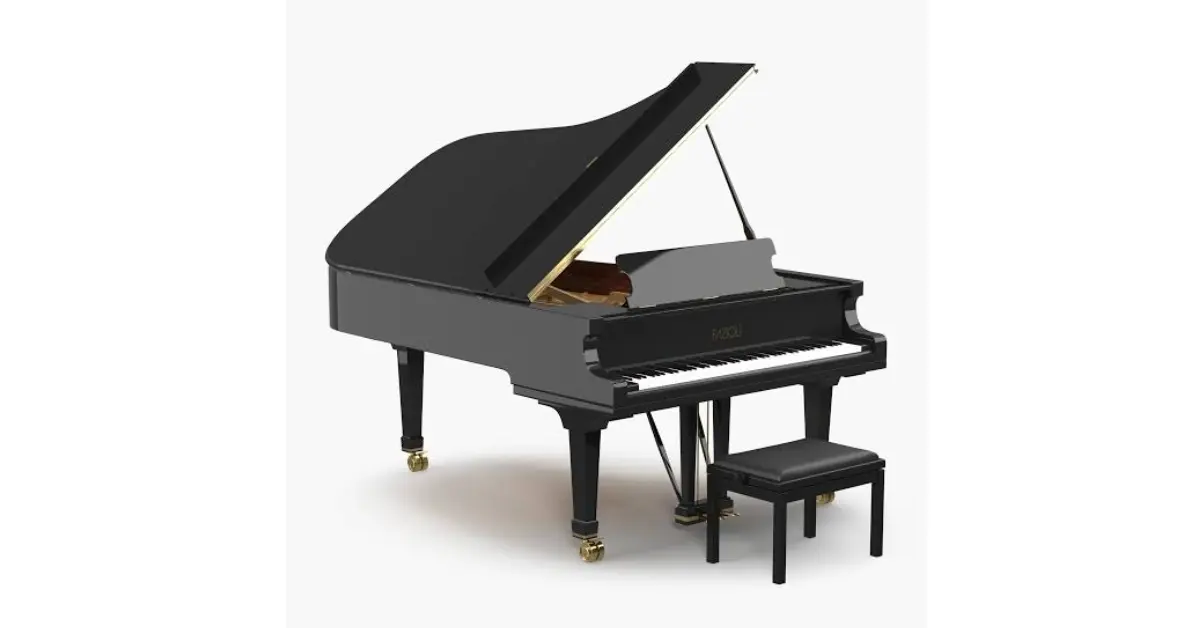
- Horizontal layout
- Superior sound and dynamic control
- Requires more space
Upright Piano
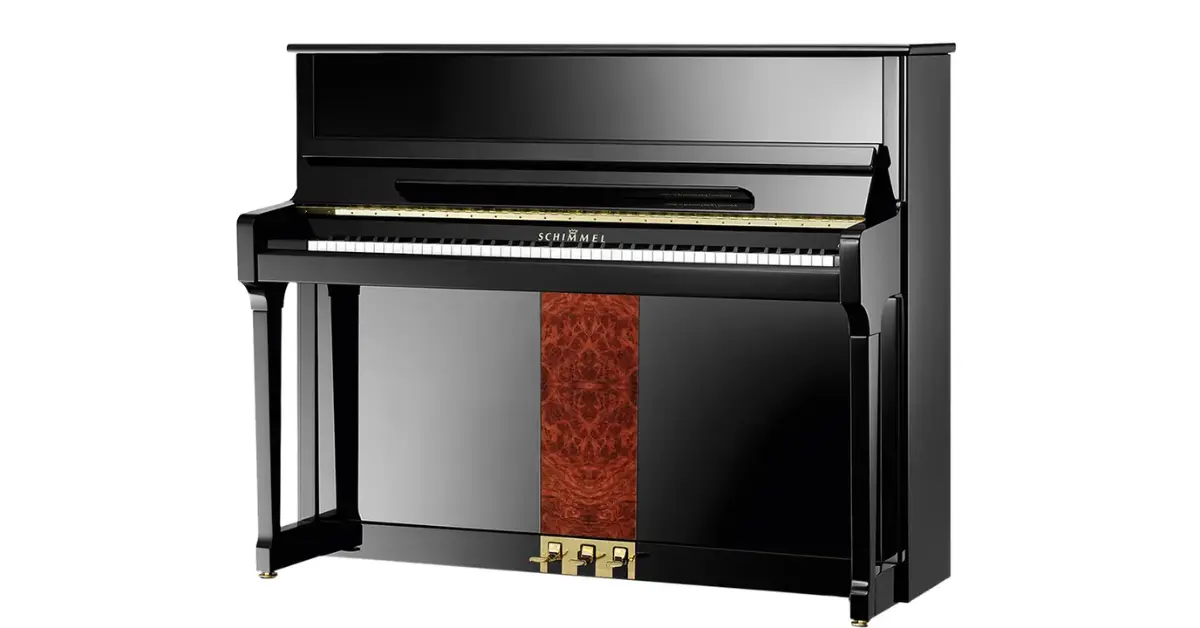
- Vertical layout
- Compact and space-saving
- Affordable and great for home use
2. Sound Quality: Which Piano Sounds Better?
Grand pianos are known for their rich, resonant tones, thanks to longer strings and horizontal action. This allows for more nuanced dynamics and better sustain. In Indian classical music, where expression plays a significant role, this tonal richness is a big plus.
Upright pianos, while still offering a pleasing sound, cannot match the depth of a grand piano. However, modern upright pianos from brands like Yamaha or Kawai offer improved sound quality suitable for Indian ragas, ghazals, and bhajans.
3. Space Constraints: What Fits Your Indian Home?
Most Indian homes have limited space, especially in metro cities. A grand piano can easily take up over 5 to 7 feet of space, which may not be practical for apartments. An upright piano, being vertical, only needs wall space and can easily fit into a drawing room or music corner.
So, if you live in a flat in Mumbai or Delhi, an upright is likely the best option. But if you have a spacious independent home in South India or a dedicated music studio, a grand piano could be a worthwhile investment.
4. Cost Comparison: What’s Your Budget?
Grand pianos are significantly more expensive due to craftsmanship, materials, and size. Prices in India can range from ₹6 lakhs to ₹30 lakhs or more for high-end models. Upright pianos are more affordable, with decent models starting at around ₹2 lakhs.
Grand Piano
- Starts from ₹6,00,000
- Premium brands like Steinway or Yamaha C series
Upright Piano
- Starts from ₹1,50,000
- Popular models: Yamaha U1, Kawai K-300
5. Purpose: Home Use vs Stage Performance
If you are a professional performer or an advanced student aiming to pursue a music career, especially in Indian fusion or stage performance, a grand piano gives you the performance quality needed. However, for casual playing, learning Indian classical music, or preparing for Trinity exams at home, an upright piano is sufficient.
6. Maintenance Needs in Indian Climate
India’s varying humidity can affect wood and strings. Grand pianos require more maintenance due to their larger soundboard and open structure. Upright pianos are more enclosed and manageable in tropical climates.
Consider investing in a dehumidifier or a climate-control system, especially in coastal cities like Chennai or Kochi.
7. Aesthetic and Emotional Value
A grand piano is more than an instrument—it’s a statement piece. It adds grandeur to any space, which can enhance the emotional connect with music. In Indian homes where décor plays a strong cultural role, this can be a meaningful factor.
On the other hand, an upright piano is elegant and minimal. For homes with traditional wooden interiors or limited room, upright pianos blend beautifully without overpowering the space.
8. Indian Music Styles and Piano Adaptability
While pianos are Western in origin, many Indian musicians now incorporate them into ragas, bhajans, and even film compositions. Grand pianos are better suited for fusion performances and Carnatic-Western blends due to their superior dynamics.
Upright pianos can also be used to learn basic ragas, provide background chords for vocals, or support light classical arrangements. Many music schools in India now use upright pianos for teaching Indian scales.
9. Best Indian Brands and Where to Buy
India has access to global piano brands, and some even tailor their products to Indian acoustics. Look for:
- Yamaha (U1, U3 for upright; C3 for grand)

- Kawai (K-series for upright; GL-series for grand)

- Casio Hybrid Models (for digital upright experience)

- Steinway India Distributors (for concert-grade grand pianos)

Buy from verified distributors in metros like Chennai, Bangalore, and Mumbai. Also consider visiting music expos and festivals to explore and test different models.
10. Digital Alternatives for Beginners in India
If a grand or upright piano feels too costly, digital pianos like Yamaha Clavinova or Casio Privia offer decent alternatives. They mimic real piano action and are perfect for Indian learners who want flexibility without the investment of an acoustic piano.
Digital pianos are great for apartment living, compatible with headphones, and maintenance-free. While they lack the tonal depth of a grand, they’re still powerful learning tools.
Conclusion
Choosing between a grand piano and an upright piano boils down to your space, budget, musical goals, and personal preferences. For Indian families looking to nurture music in their homes, upright pianos offer practicality, affordability, and great learning potential. But if you’re passionate about tone, dynamics, and stage presence, a grand piano is an unmatched companion.
Both types of pianos have their own beauty and strengths. Whether you’re a budding student of Indian classical music or a seasoned performer blending Hindustani with Western elements, picking the right piano can define your musical path for years to come. Make your decision with love for the art—and you can never go wrong.
At NMS Musicals, we offer a comprehensive range of musical instruments, including percussion, string, wind, and keyboard instruments. Our services encompass sales, expert servicing, and the manufacture of leather instruments. Explore our diverse collection and find the perfect instrument to suit your musical needs.
Visit our website to browse our offerings: nmsmusicals.in
For a closer look at our products, check out our shop page: nmsmusicals.in/shop
Stay connected with us through our social media channels:
- Facebook: https://www.facebook.com/nmsmusicalinstruments/
- Instagram: https://www.instagram.com/nmsmusicals/?hl=en
- YouTube: youtube.com/@nmsmusicals
Our shop locations are:
- Puducherry: 149, Perumal Koil Street, Heritage Town, Puducherry, 605001.
Map Link: https://maps.app.goo.gl/ejDwBBFEJmd3szxk7 - Chennai: No: 1, 1st Floor, Kandigai Street, TVS Nagar, Korattur, Chennai – 600076.
Map Link: https://maps.app.goo.gl/7oXmB6X7KQsqeuuw9
For inquiries, contact/Whatsapp us at 9500663895 or email us at laxman.m89@gmail.com.
Discover the world of musical instruments with NMS Musicals today!
For a visual overview of our percussion instruments, watch the following video:


 Cart is empty
Cart is empty 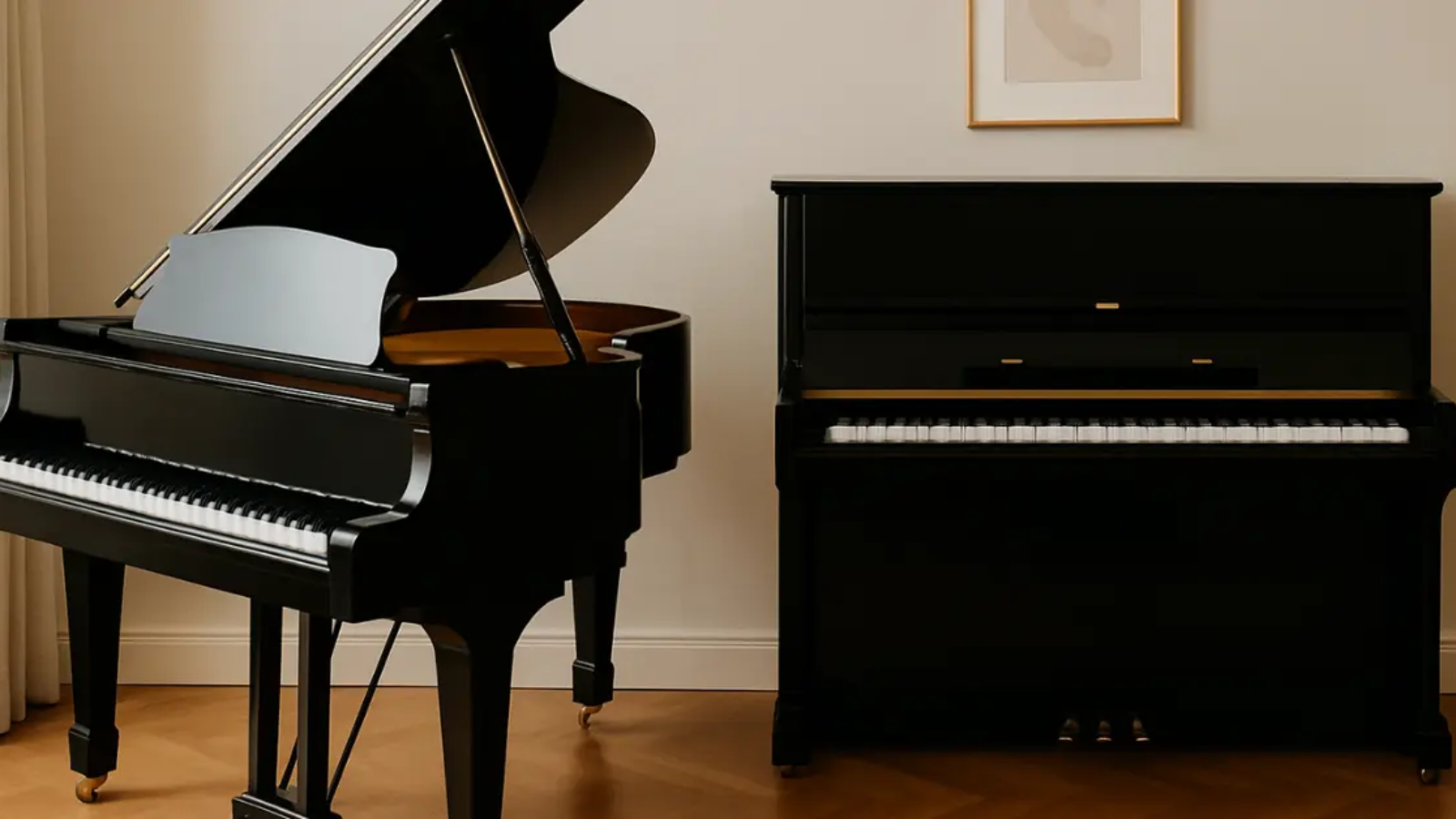
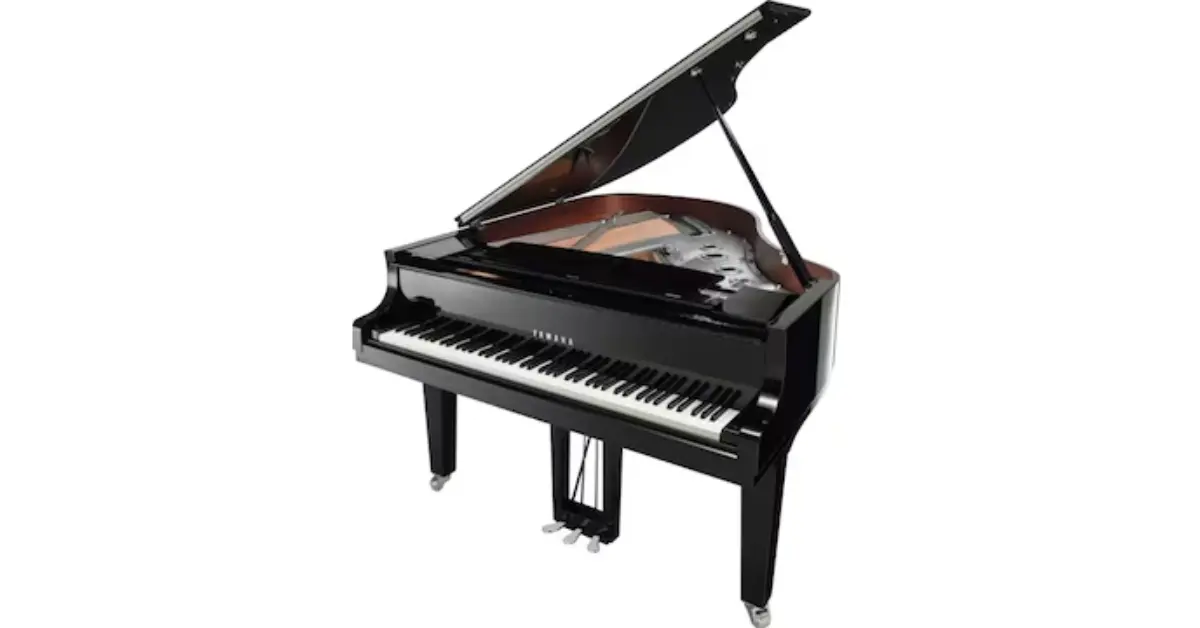
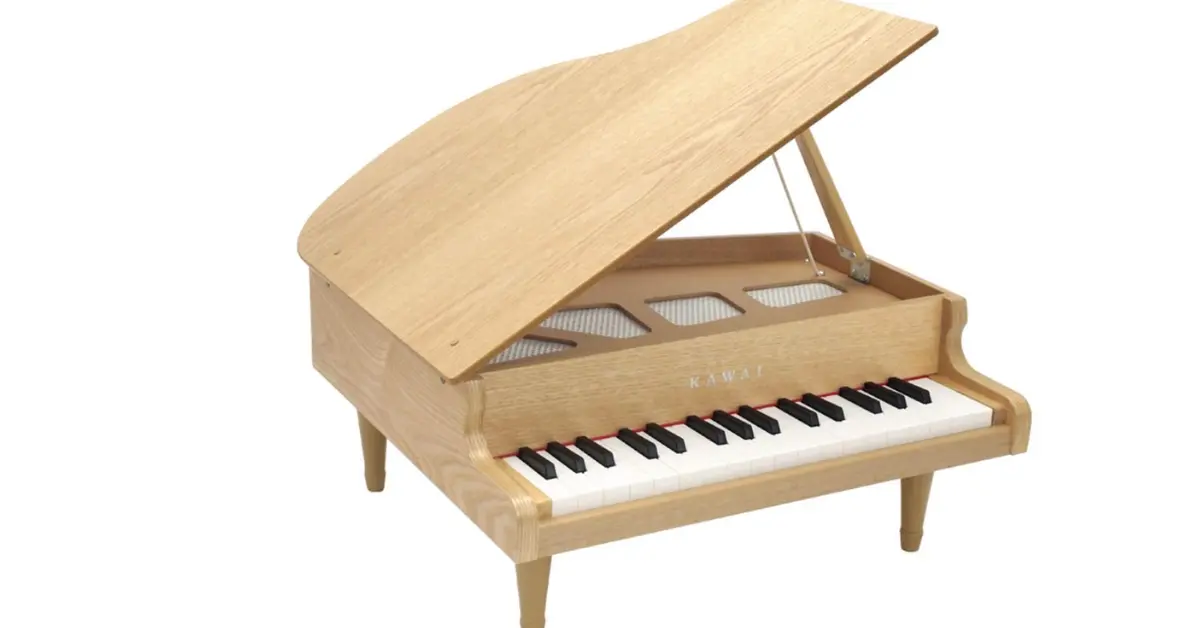
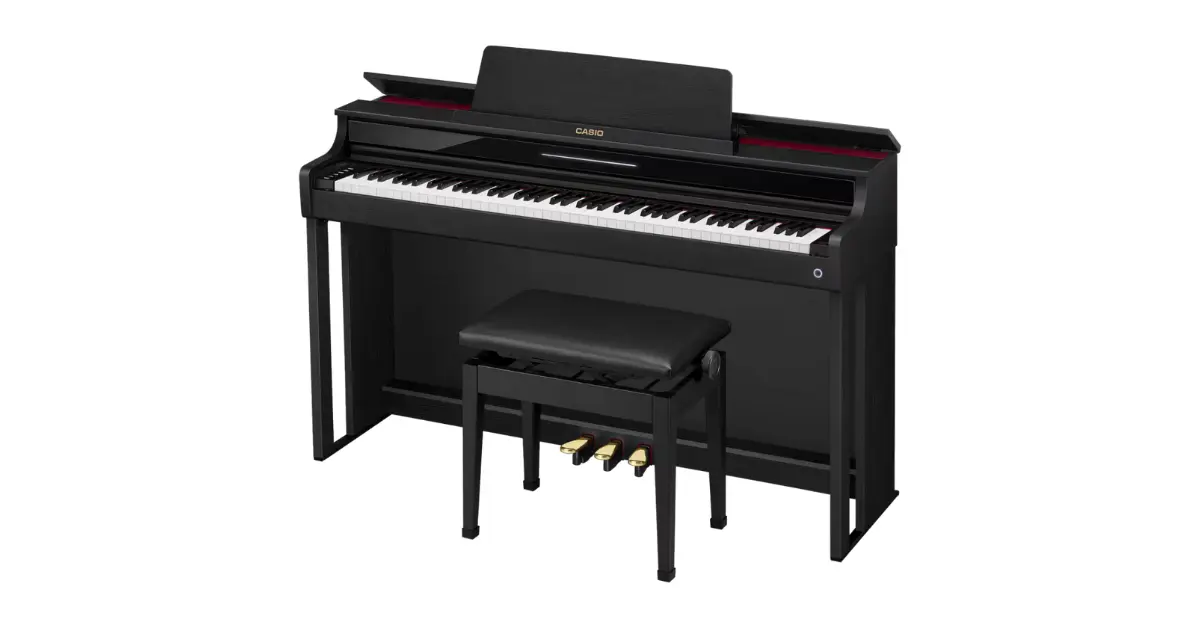
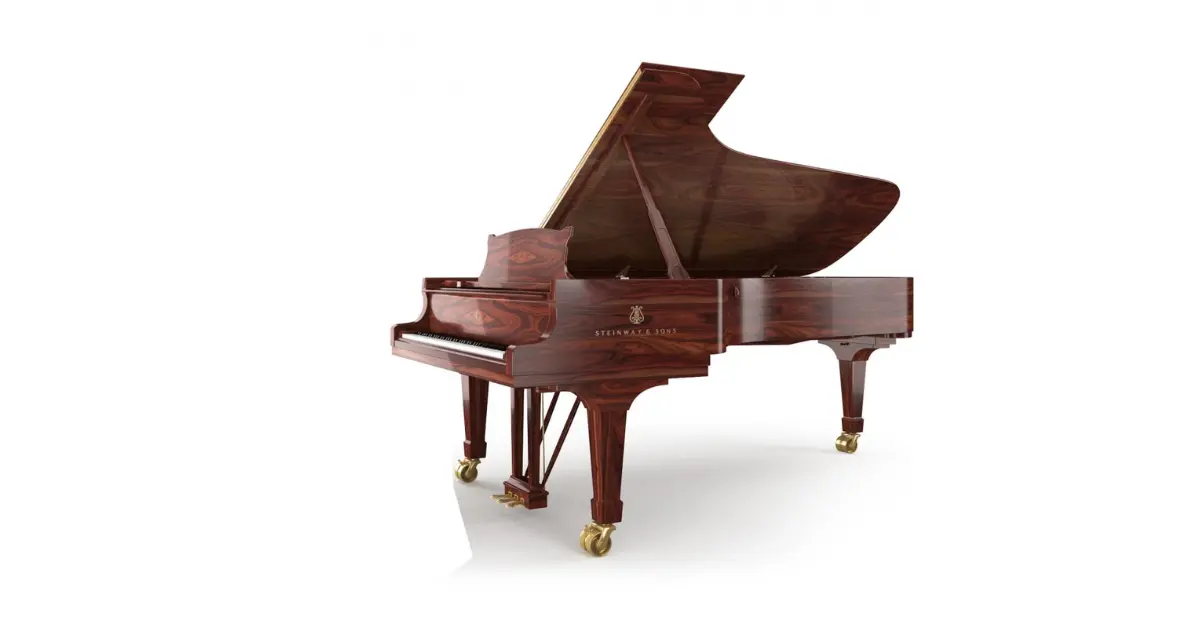
Leave A Comment
You must be logged in to post a comment